About the Authors
Patricia Clark White has been superintendent of three award-winning California school districts, a national and international consultant and presenter, and an executive coach to leaders dealing with political issues. She is currently a professor and associate dean for the School of Education at Brandman University, overseeing the doctoral program in organizational leadership.
Thomas R. Harvey is a professor of organizational leadership in the doctoral program at the University of La Verne. He has been the dean of the School of Organizational Management and the chairman of the Department of Educational Management for fourteen years and is the author of several books including Checklist for Change ; The Practical Decision Maker ; Building Teams, Building People ; and The Soul of Leadership . He was a councilman in California for 21 years.
Shari L. Fox is currently an executive coach to kindergarten to twelfth-grade site- and district-level administrators. She is also an adjunct professor and learning group leader at the University of La Verne. She had served as school superintendent prior to retirement and now finds great joy in volunteering in her grandson Paytons classroom where she can observe firsthand the sandbox politics that begin at an early age.
Published by Rowman & Littlefield
A wholly owned subsidiary of The Rowman & Littlefield Publishing Group, Inc. 4501 Forbes Boulevard, Suite 200, Lanham, Maryland 20706
www.rowman.com
Unit A, Whitacre Mews, 26-34 Stannary Street, London SE11 4AB
Copyright 2016 by Patricia Clark White, Thomas R. Harvey, and Shari L. Fox
All rights reserved . No part of this book may be reproduced in any form or by any electronic or mechanical means, including information storage and retrieval systems, without written permission from the publisher, except by a reviewer who may quote passages in a review.
British Library Cataloguing in Publication Information Available
Library of Congress Cataloging-in-Publication Data
Names: White, Patricia Clark, 1940 author. | Harvey, Thomas R. | Fox, Shari L.
Title: The politically intelligent leader : dealing with the dilemmas of a high-stakes educational environment / Patricia Clark White, Thomas R. Harvey and Shari L. Fox.
Description: Lanham : Rowman & Littlefield Publishers, Inc., [2016] | Includes bibliographical references and index.
Identifiers: LCCN 2016013286 (print) | LCCN 2016022851 (ebook) | ISBN 9781475828580 (cloth : alk. paper) | ISBN 9781475828597 (pbk. : alk. paper) | ISBN 9781475828603 (electronic)
Subjects: LCSH: Educational leadershipPolitical aspectsUnited States. | School management and organizationUnited States.
Classification: LCC LB2801.A2 W45 2016 (print) | LCC LB2801.A2 (ebook) | DDC 371.2dc23
LC record available at https://lccn.loc.gov/2016013286
 The paper used in this publication meets the minimum requirements of American National Standard for Information SciencesPermanence of Paper for Printed Library Materials, ANSI/NISO Z39.48-1992.
The paper used in this publication meets the minimum requirements of American National Standard for Information SciencesPermanence of Paper for Printed Library Materials, ANSI/NISO Z39.48-1992.
Printed in the United States of America
Dedication
For our cherished families, whose love and support inspire us to be better people and better leaders: Bob, Nicolle, Danielle, Durell, Shaylee, Savannah, and Shelden; Bonnie, Gail, and David.
Preface
This is the second edition of The Politically Intelligent Leader . It was originally co-authored with our friend and colleague, Lawrence Kemper, who was unable to participate in the second edition. His work was invaluable to this project. The book was designed to help people be more effective in how they handle the politics of daily life, on and off the job. Were gratified at the reception its had and the feedback from readers on the major difference its made in both their work and personal life. The new material in this edition was influenced by questions from our readers. They wanted to know more about how to eliminate the blocks to political intelligence, how to build trust, how to handle Machiavellian types, how to handle ethical dilemmas, and how to handle politics in a virtual setting. We hope you enjoy this enhanced version of The Politically Intelligent Leader .
I hate politics, comes the refrain of almost every public and nonprofit manager we know. If only we didnt have to deal with politics, but just could deal with things rationally, then this job would be much easier. But we cant, nor should we want to.
WE CANT
Lets begin with a definition of organizational politics. It is the use of power toward and through other people in an environment inside and outside the organization. You cannot help dealing with people. They are a necessary challenge and joy of managing any organization. People are the fundamental building blocks of an organization. They are one of the two major dimensions that Blake and Mouton talk about in their Managerial Grid and which are highlighted in the Ohio State studies (Blake and Mouton, 1964; Stodgil, 1974). People are everything, and politics is everywhere.
Pfeffer has emphasized that power is pervasive throughout the environment of an organization (1981). You cant help dealing with it. Power and politics invade your decision-making patterns; they affect your interpersonal decisions with those above you and those below you; they pervade your seeking of resources and spending of them. You cant help but deal with politics. It is ubiquitous. It is as present as the air we breathe.
Vigoda-Gadot and Drorg (2008) describe politics as the art of using personal and aggregate power to influence others and achieve goals. It involves strategies for influence, analyzing political styles of all the actors involved, as well as politics in various settings.
Politics is more important now than in the past. As organizations become less hierarchical in the modern world, they become more collaborative. As collaboration increases, so does the need to deal with collective decision making and therein, the needs of the people involved. The modern world is more political than ever.
NOR SHOULD YOU
Politics is power. You can have no effect without power. You cant win a trial if youre a powerless attorney. You cant teach your students if youre a powerless teacher, and you cant be a good leader if youre powerless to make things happen in your organization. All professions need power and must ensure the use of that power to good ends.
French and Raven (1959) discuss the sources of power, such as position in the organization, expertise, and personal charisma. Whatever your source of power, be prepared to amass it and use itfor good ends. We know that the idea of amassing power may run counter to some managers and leaders ideals, but unless you become adept at power, you and your organization will soon be left behind or fall into the hands of those who are adept and whose goals may not be compatible with your own. Politics gives you power. Politics hones your power so that you can bring your organization to noble ends.
TARGET AUDIENCE
While there are many books written about politics in the private sector, the political challenges in the public sector are vastly different. Educational leaders at all levels face the intense political conflicts that arise in this age of increasing expectations and diminishing resources. The fact that everything we do is subject to public scrutiny dramatically escalates the consequences of error in this arena. Those consequences can severely affect the organizations standing and future, and they can also severely affect the leaders standing and future.


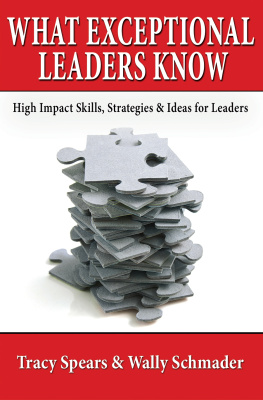
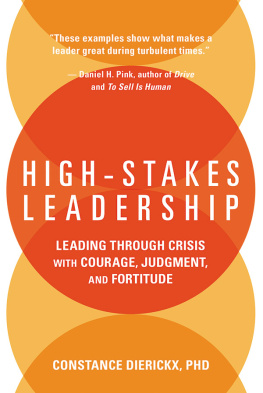
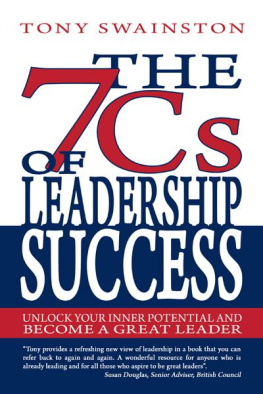
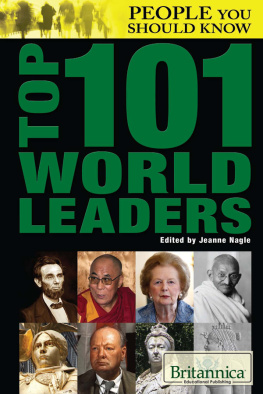
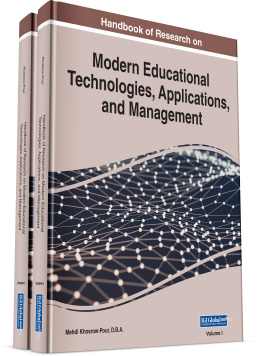
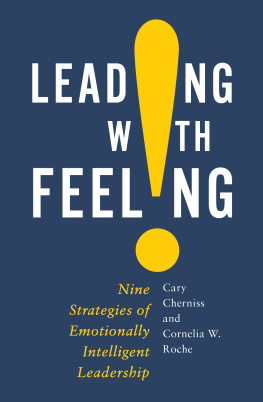
![Maxwell - The 360 [-degree] leader: developing your influence from anywhere in the organization](/uploads/posts/book/218782/thumbs/maxwell-the-360-degree-leader-developing-your.jpg)
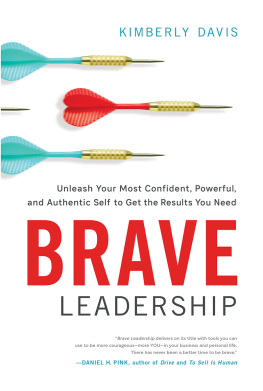
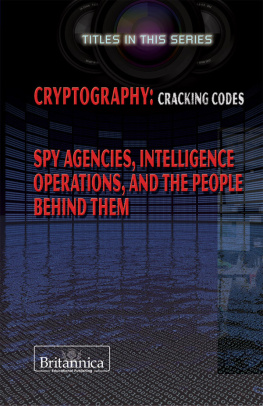

 The paper used in this publication meets the minimum requirements of American National Standard for Information SciencesPermanence of Paper for Printed Library Materials, ANSI/NISO Z39.48-1992.
The paper used in this publication meets the minimum requirements of American National Standard for Information SciencesPermanence of Paper for Printed Library Materials, ANSI/NISO Z39.48-1992.